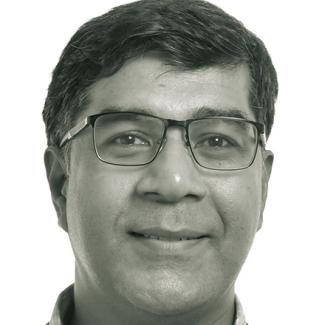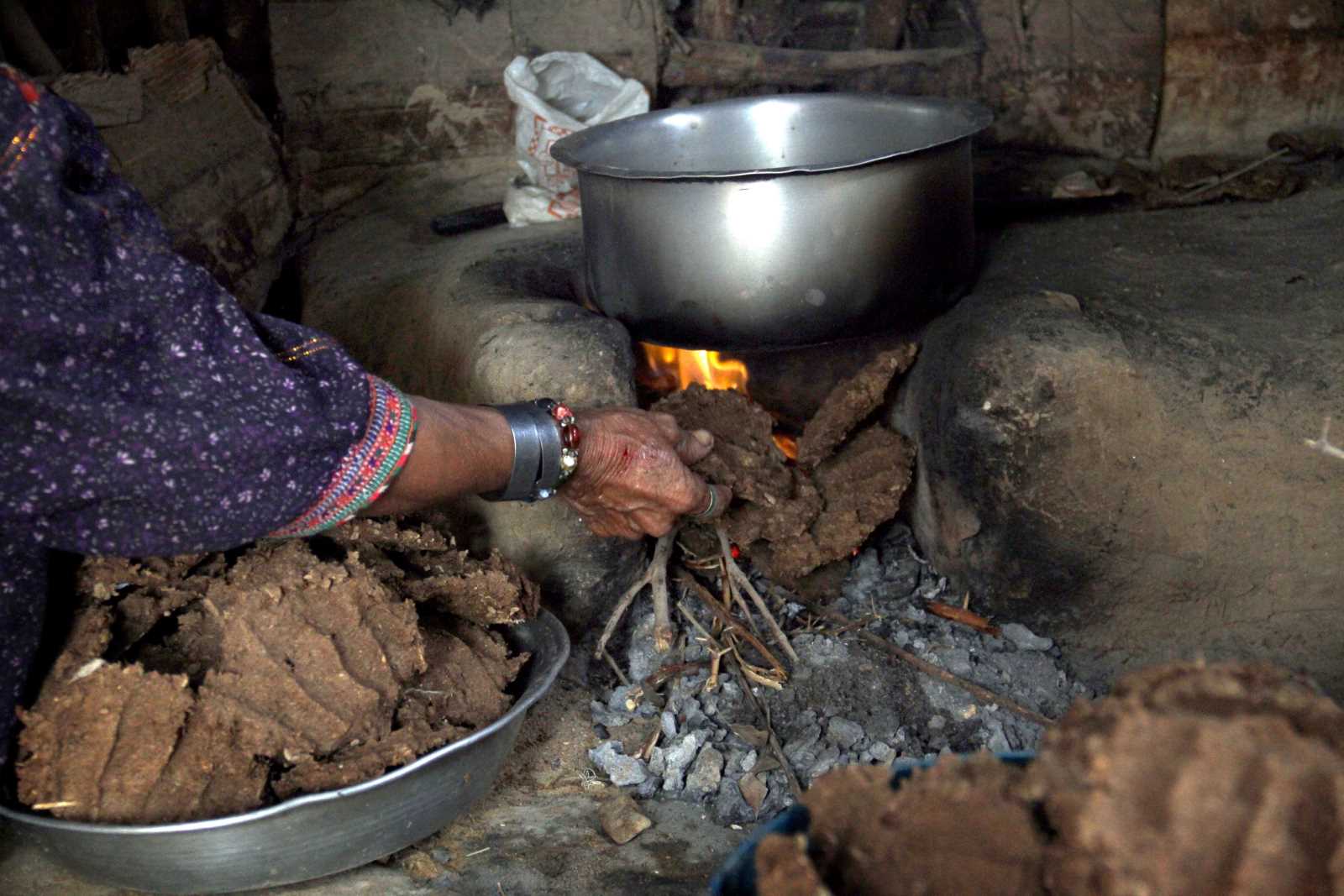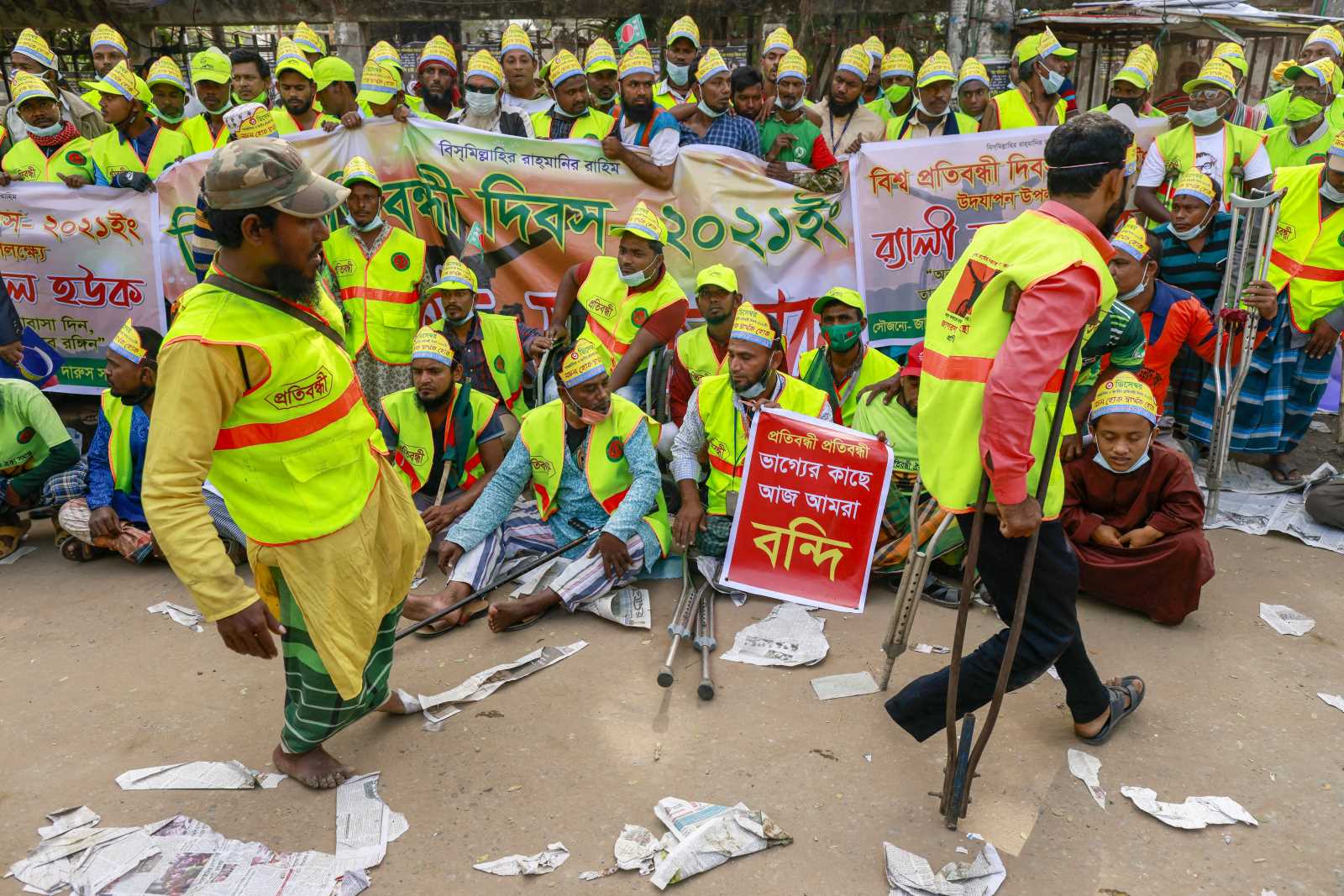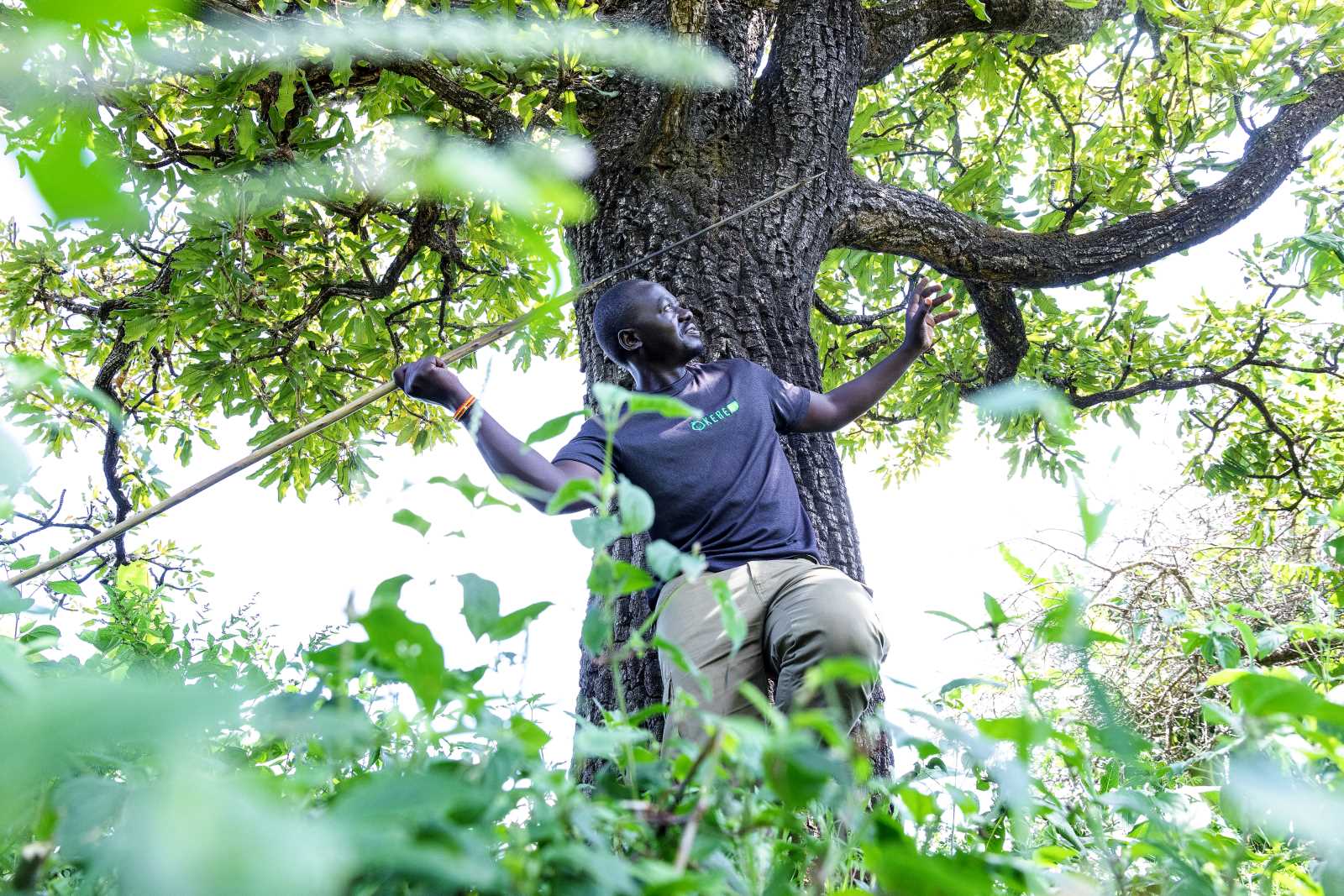Child labour
Exploited minors are denied a school education
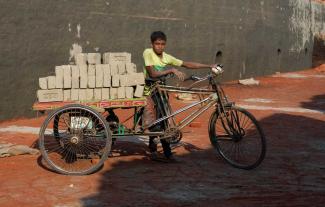
In July 2021, a devastating fire in a factory on the outskirts of Dhaka killed 52 people. Children and teenagers were among the victims. Employees had been locked up in the food-processing facility, forced to work long hours. A similar incident made international headlines in 2013 when Rana Plaza, an industrial building, collapsed. Back then, minors were among the victims too.
Authorities have been considering options to protect children better for a long time. Since 2013, the legal age in Bangladesh has been 18, but children are allowed to work when they turn 14. Adolescents between the ages 14 and 17 can be employed as long as their work is not one of the 38 activities the government has classified as dangerous. Before a policy change in 2018, children as young as 12 were allowed to do “light work”. Now, youngsters under 14 are prohibited from working. Exploitation of minors by their employers has been made a criminal offence.
To a large extent, however, these restrictions exist only on paper. Child labour is still common. Minors typically work in the fishing industry, agriculture, garment and leather-goods production, brick-kilns, stone-quarries or in households. Household work is not regulated, and many domestic helpers – mostly girls – are severely exploited. Some live in slave-like conditions.
There is a reason why Bangladesh has not fully prohibited child labour. Both trade unions and employers have argued that western ideas of eliminating it do not suit the social reality of Bangladesh where poverty is widespread and education levels are often poor. The point is that if adolescents are not legally allowed to earn money and support their families, many more of them would be toiling in the informal sector. Moreover, child trafficking is happening – and worse poverty would make it increase.
When Bangladesh’s labour law was reformed in 2006, the guiding idea was not to eliminate child labour as such, but to ensure kids went to school. Only hazardous work was prohibited. The government wanted employers to ensure that working children were also sent to school. However, the authorities did not establish an effective scheme for reducing children’s work burden in ways that would make that possible. The sad truth, however, is that hardly any working child gets a school education even though primary school is free and compulsory in Bangladesh. There are some, but far too few stipends for girls.
Indeed, millions of children risk their health and life in all sorts of employment. According to the 2013 National Child Labour Survey, 3.45 million children aged 5 to 17 were engaged in child labour. The number is likely larger now. Many children are employed in exploitative, though not officially hazardous industries such as the dry fish industry. The Supreme Court has directed the government to end child labour in related businesses. According to a 2020 report, around 20 % of the workforce in the dry-fish industry were minors.
Bangladesh’s economy has been growing fast in recent years. However, development is not inclusive and remains quite uneven. The current development agenda of the government generally ignores the needs, and in particular the education, of children. Minors in the workforce are being overlooked.
The government would do well to enforce the existing law. It should eliminate hazardous child labour and ensure that young children really only do light work. Most important, it should offer financial support to families so that poverty-stricken children must not go to work at all but can go to school instead.
Ridwanul Hoque is a law professor at the University of Dhaka.
ridwandulaw@gmail.com
